We may earn money or products from the companies mentioned in this post. This means if you click on the link and purchase the item, I will receive a small commission at no extra cost to you … you’re just helping re-supply our family’s travel fund.
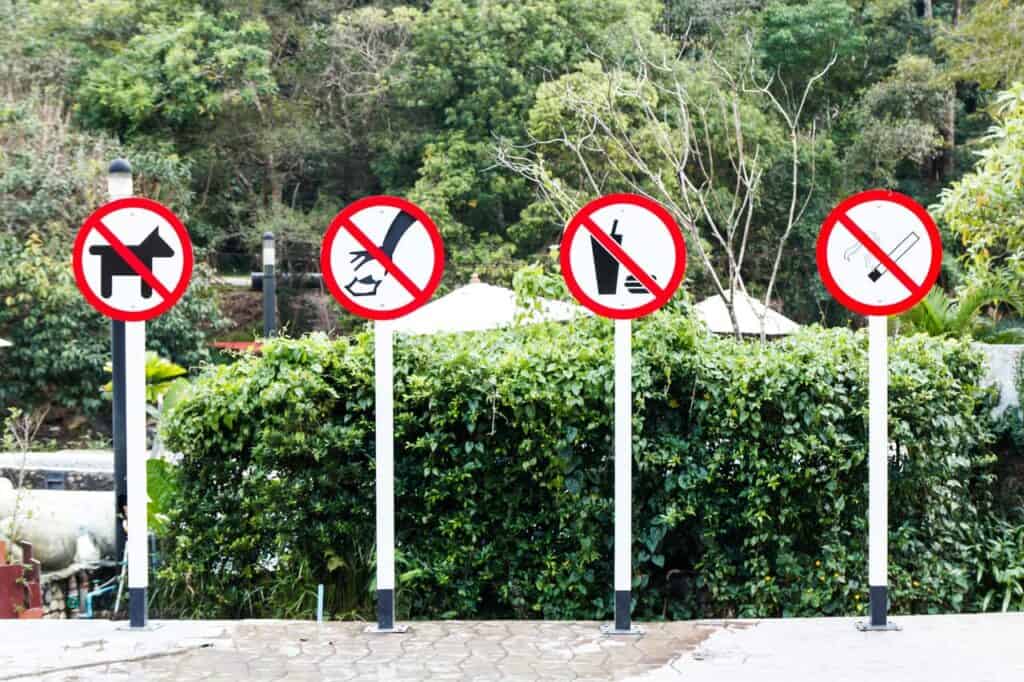
Traveling abroad brings excitement, but it also comes with rules that aren’t always obvious to outsiders. What feels normal at home may be restricted, frowned upon, or even illegal in another country. From unusual bans to unexpected cultural expectations, these rules often surprise visitors who only learn about them after arrival. Knowing them ahead of time not only avoids trouble but also shows respect. Here are 12 travel rules from around the world that can catch foreign visitors by surprise.
1. Chewing Gum Ban in Singapore
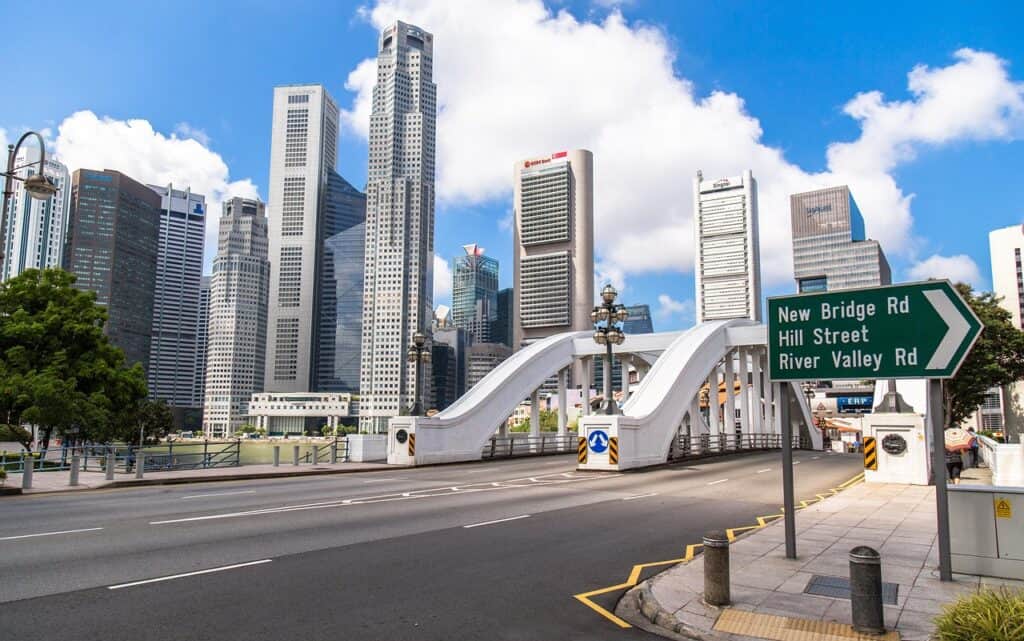
Singapore is famous for its cleanliness, and one way it maintains that image is by banning chewing gum sales. Importing or selling gum without medical reasons is illegal, and spitting it in public can lead to heavy fines. Visitors unfamiliar with the rule often get caught off guard since gum is so common elsewhere. The strict stance reflects the country’s commitment to order and tidiness. Travelers should leave gum at home and choose mints or other alternatives to avoid penalties while exploring.
2. High Heels Restricted in Greece

In Greece, especially at archaeological sites, high heels are banned. The rule exists to protect delicate ruins from damage caused by sharp footwear. Tourists who dress up for photos sometimes discover they can’t enter certain landmarks if wearing stilettos. It may seem unusual, but it preserves ancient structures from unnecessary wear. Packing comfortable shoes not only keeps visitors compliant but also makes long walks more enjoyable. Knowing this rule in advance saves embarrassment and ensures access to Greece’s historic treasures.
3. No Camouflage Clothing in Caribbean Nations
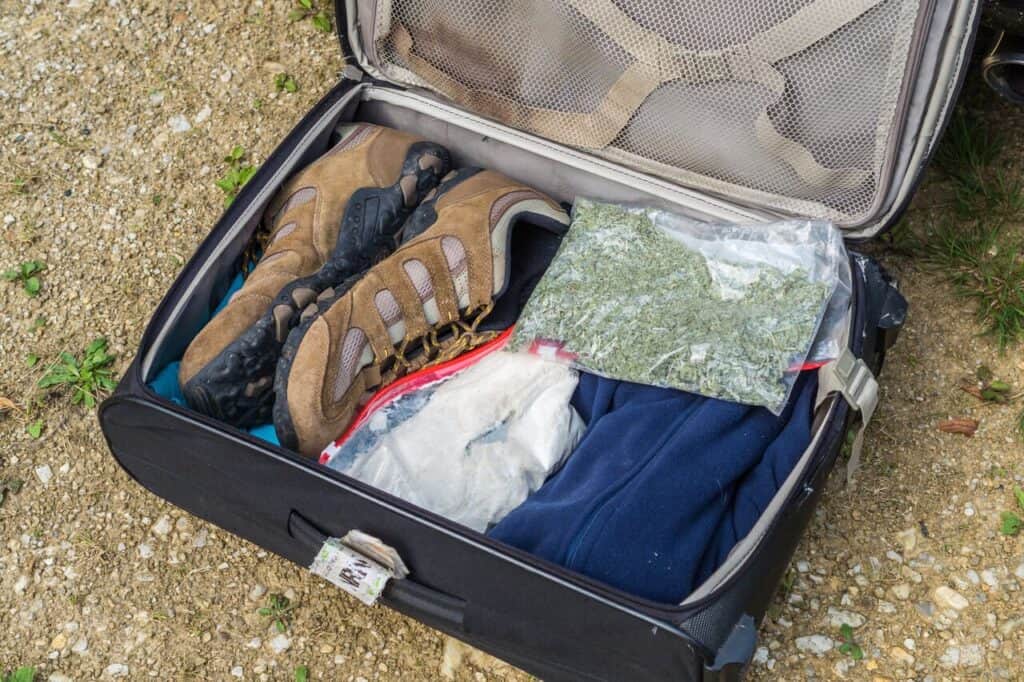
In several Caribbean countries, including Barbados and Jamaica, wearing camouflage clothing is prohibited for civilians. The law is designed to prevent confusion with military personnel and maintain clear distinctions between armed forces and the public. Tourists unaware of the rule may pack camo shorts or hats, only to find them confiscated or be fined. It’s not a fashion issue but a matter of public order. Visitors should stick to other casual wear and leave the camouflage gear at home.
4. No Public Dancing in Saudi Arabia
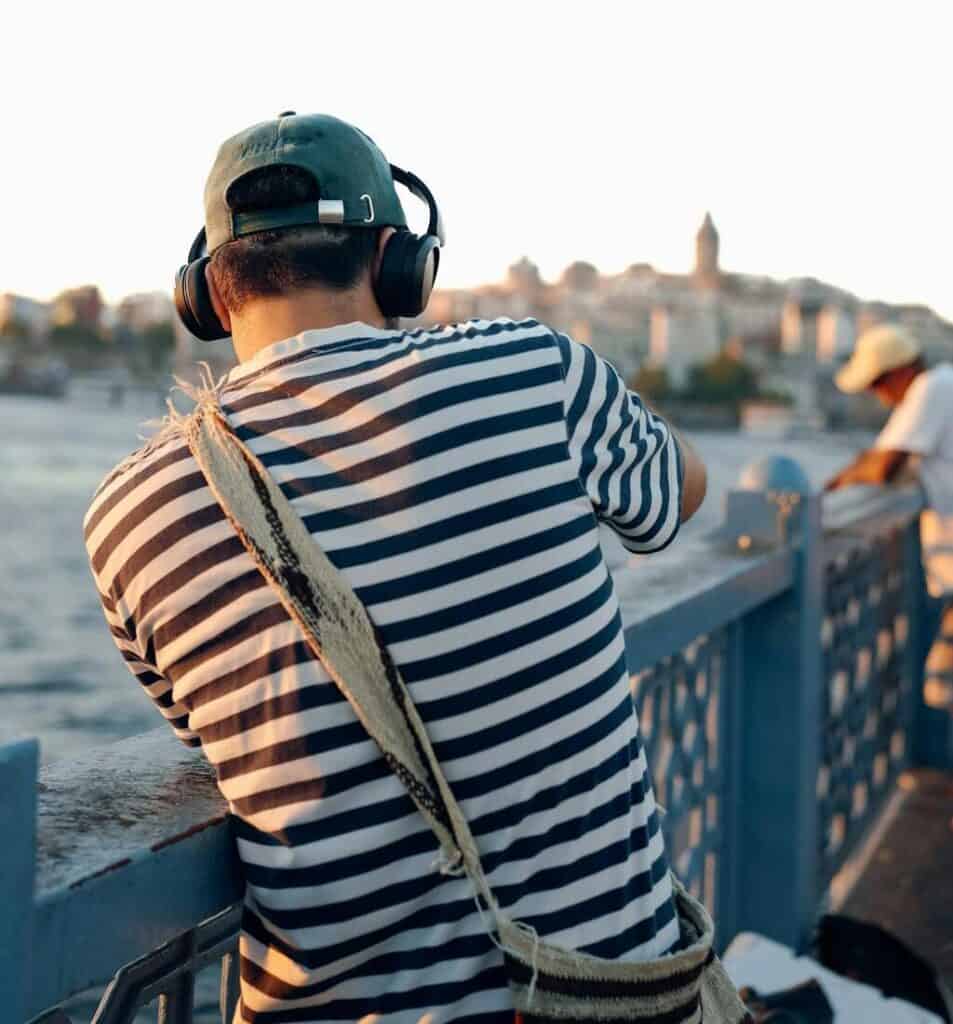
Public dancing is restricted in Saudi Arabia, especially in non-designated areas or events. While music and private celebrations are common, spontaneous dancing in public places is considered inappropriate and can attract unwanted attention from authorities. Foreign visitors who join in without realizing may unintentionally break the law. The rule reflects cultural and religious norms that prioritize modesty in public spaces. Travelers should enjoy music respectfully and save dancing for private settings or approved events.
5. Feeding Pigeons Illegal in Italy
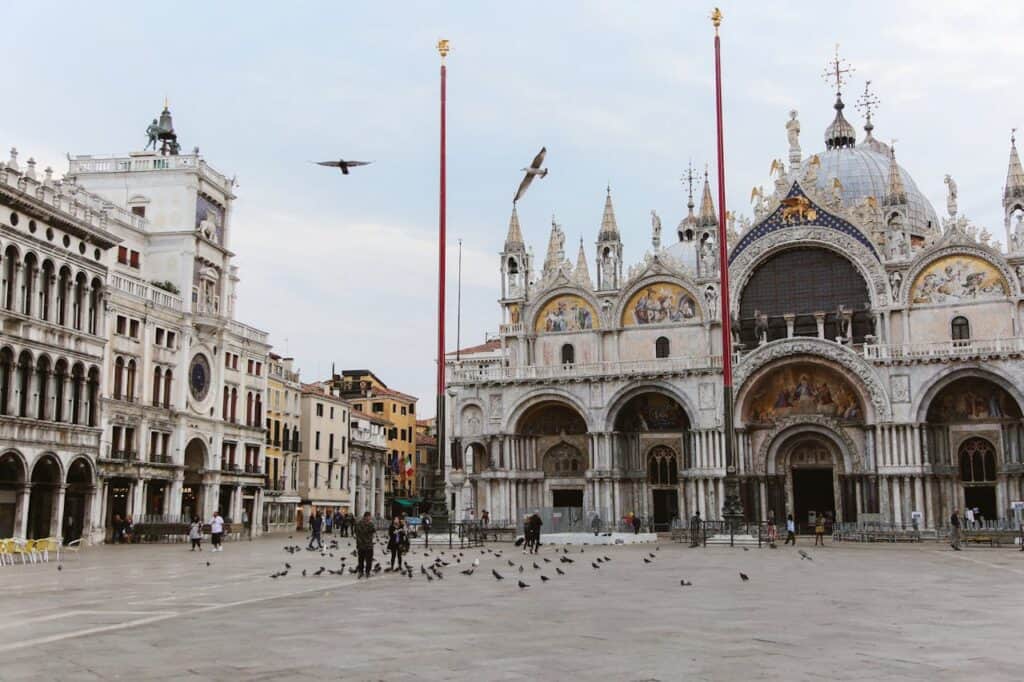
Venice and other Italian cities have banned feeding pigeons in public squares. The rule was introduced to protect historic buildings and monuments from damage caused by bird droppings. Tourists who toss breadcrumbs for photos may face fines, even if they mean no harm. Vendors once sold birdseed openly, but now it’s prohibited to discourage the practice. Visitors should admire the pigeons from afar and resist the urge to interact. Respecting the rule helps preserve Italy’s iconic landmarks for future generations.
6. Photograph Restrictions in Japan

In Japan, not every photo opportunity is fair game. Certain shrines, temples, and cultural performances prohibit photography out of respect for tradition. Visitors who ignore signs or use flash may disrupt ceremonies or offend locals. While Japan embraces technology, it also values privacy and sacred spaces. Tourists are expected to follow posted guidelines and ask permission when unsure. By respecting restrictions, travelers not only avoid conflict but also show appreciation for the culture they came to experience.
7. Cash Payment Preference in Germany

While many countries lean toward digital payments, Germany remains strongly attached to cash. In restaurants, small shops, or even hotels, card payments may not always be accepted. Tourists relying solely on credit cards can find themselves in awkward situations. Carrying euros in cash ensures smoother transactions and avoids embarrassment. The preference stems from cultural attitudes toward privacy and budgeting. Knowing this rule ahead of time helps visitors enjoy their trip without scrambling for an ATM at the last minute.
8. Quiet Zones on Trains in Switzerland

Switzerland enforces designated quiet zones on many trains, where phone calls and loud conversations are prohibited. Tourists who unknowingly chat loudly may receive stern looks or even warnings from staff. The rule promotes a calm environment for those who want to read, work, or rest during travel. While it may feel unusual to visitors from noisier cultures, it reflects Swiss respect for public order. Observing the rule ensures a more pleasant journey and avoids frustrating fellow passengers.
9. No Vaping in Thailand
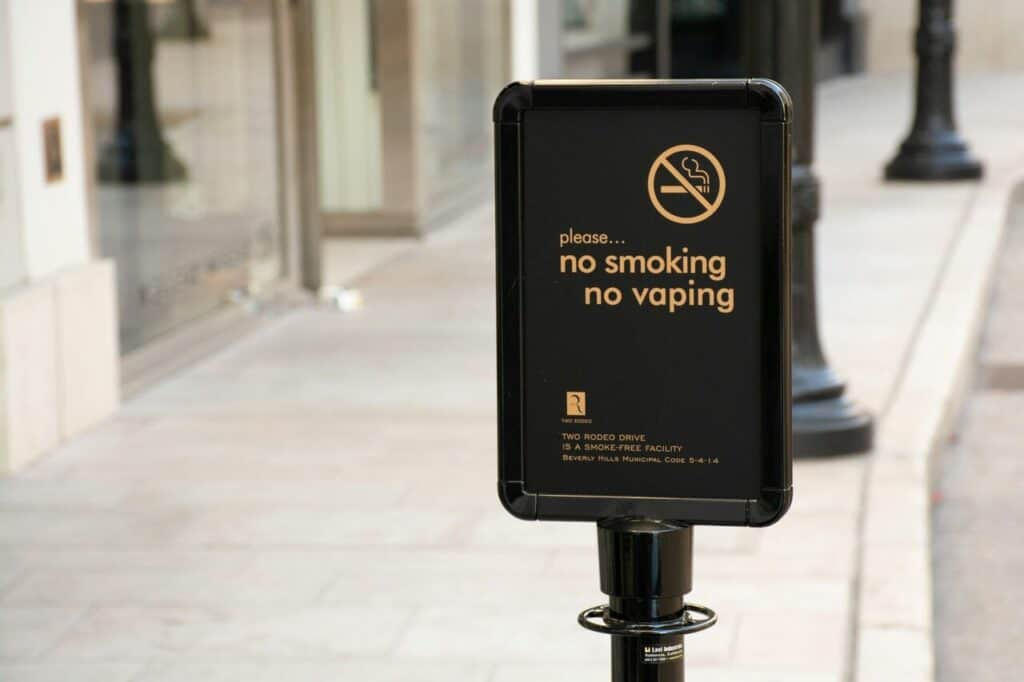
Thailand has strict rules against e-cigarettes and vaping. Importing or using them can result in hefty fines or even arrest. Many travelers don’t realize the law exists until they’re stopped at customs or caught in public. The ban aims to discourage smoking alternatives and protect public health. Visitors should avoid bringing vape devices altogether and stick to permitted options if they smoke. Understanding this rule ahead of time prevents serious trouble and ensures a stress-free trip in Thailand.
10. Tipping Norms in Japan

Unlike in many countries, tipping in Japan is not customary and can even be seen as disrespectful. Service staff take pride in their work and expect to be paid only the listed price. Tourists who leave extra money may confuse or offend their hosts. Instead, appreciation is shown through polite behavior and verbal thanks. Some high-end establishments accept tips in envelopes, but it’s rare. Visitors should respect the local custom and skip tipping to avoid awkward situations during their stay.
11. Driving Rules in Australia
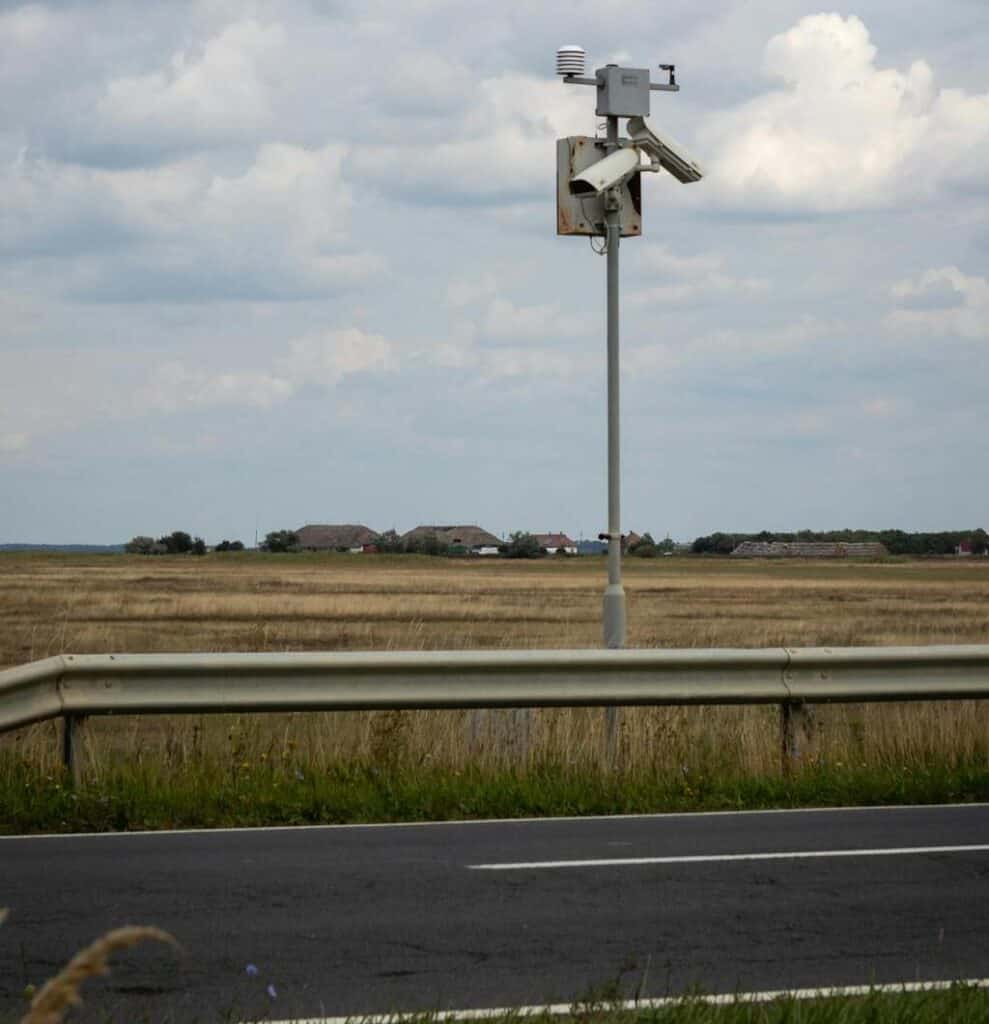
Tourists renting cars in Australia are often surprised by strict road rules. Driving is on the left side, and speed cameras are common. Fines for seatbelt violations, mobile phone use, or even rolling through stop signs are enforced rigorously. While these rules enhance safety, foreign visitors may not expect such close monitoring. Understanding the local driving culture and preparing before hitting the road prevents costly mistakes. Following the rules ensures both safety and smoother travel across the country’s vast roads.
12. Strict Dress Codes in Middle Eastern Countries
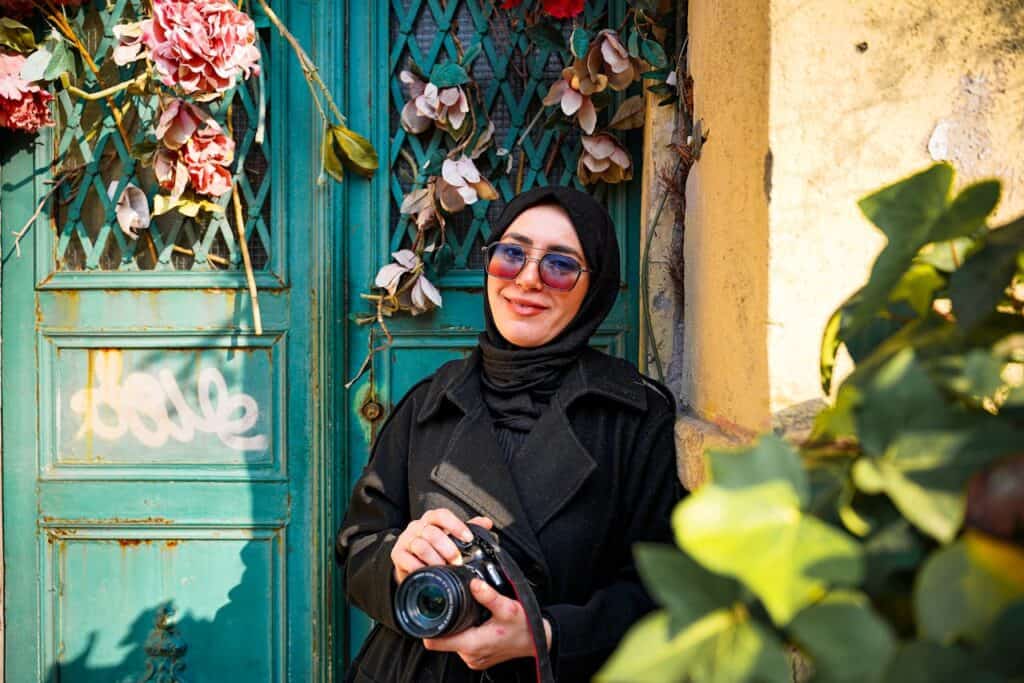
In several Middle Eastern nations, modest dress codes are enforced in public spaces. For women, covering shoulders, knees, or hair may be required depending on the country. Men are also expected to avoid overly revealing clothing. Tourists who overlook these norms risk fines or negative attention. While enforcement varies, respecting cultural expectations is key to a smooth visit. Packing modest outfits ensures compliance and demonstrates consideration for local values, allowing travelers to enjoy their experience without unnecessary trouble.
Other Blog Posts You Might Enjoy
www.idyllicpursuit.com (Article Sourced Website)
#Countries #Travel #Rules #Surprise #Foreign #Visitors #Author #Kathy #Haan
